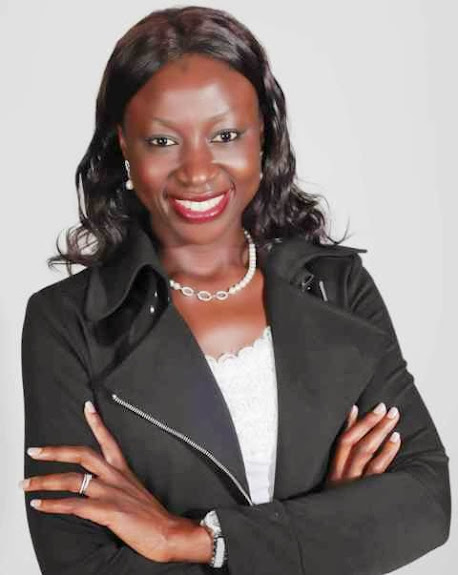We all go through the year accumulating experiences and emotions. Some are positive and some are negative. We also get stuck and overwhelmed with the unexpected along the way.
Coaching is usually about moving clients forward through designing life purpose, life vision, goals, and outcomes that will bring about a fuller and fulfilling life. But we all know that life happens and we all experience setbacks.
Personally for me, in the light of some family health crisis that we recently encountered, I was so glad I had a scheduled coaching session with my coach this week.
I got on the phone and told my coach: I need some “clearing work”. I need to process some overwhelming life event that has overtaken me in the past week or so.”
This sounds like “therapy” but Coaching and Therapy are not the same, although there are areas of overlap. I will share more on some of the fundamental differences, but let me also mention that there are coaching techniques and principles that are “therapeutic” but one is not in therapy per se.
Therapy analyses the past in order to understand how it is affecting the present while coaching looks at what is in the present in other to design the future.
It is very important that as a coach, one does not assume the role of a therapist for the client. That’s why it may seem like the coach doesn’t want you to get into “your story”. I usually intrude and get my clients back to the high-level topic when they get caught up in “what happened to them.”
Coaching largely focuses on growth, while therapy mainly focuses on healing. However, healing and growth can happen in both, though the focal point of the sessions may differ.
Another big difference between coaching and therapy is that in coaching, the client can tell the coach what you want to get out of the session. The coach is trained to hold the client’s agenda. While in therapy, it is the role of the therapist to diagnose the problem. Again, there are overlaps here but I’m bottom-lining the core differences.
So when I got on the phone with my coach, I decided on the agenda and designed the alliance upfront for what I wanted from the 1-hour session. I asked for “clearing.”
In Coactive coaching, this is called “Process Coaching.”
Process coaching is effective when one has to slow down, examine and expand on the impact of moment, especially when there has been an emotional experience.
Process coaching is very effective when the emotion has the client. In my case, I was overwhelmed by adrenaline and the emergency of a life-threatening episode.
Process coaching is about shifting Emotional Energy. When we have high-impact events, our emotions tend to get hijacked, trapped or blocked by the event. We feel the buildup and sometimes it may look like restlessness, anxiety or overwhelm. This is where process coaching is effective in “clearing” the blocks and allowing the energy to be processed and integrated back into the client’s life so that the client can resume functioning – maybe not at full capacity immediately, but to some degree.
Processing with my coach enabled me to look at the emotions and integrate them through acceptance.
I knew it would take more than one session for me to process the impact of the crisis that my family is experiencing.
So after having a process coaching session with my own coach, I was also blessed to have my triad session in the same week (where I meet with two other fellow coaches bi-weekly) to coach each other. I asked for coaching again around the same emotional topic and these two sessions in the same week have significantly helped me regain perspective, unpack the impact on my life and to re-engage with life.
I’m sharing this today because 1) It’s helping me continue to process the impact of coaching on my life and 2) to inspire you to value the investment of having a personal coach to champion you and to devote some quality time to reflect, process and engage your life purpose, mission, and direction.
Having a committed coach does help one from venting and dumping on others either on social media or in your personal relationships. It also allows space to have confidentiality and intentional conversations, which seems hard to find these days, because life seems too busy to even have a decent conversation.
If you find this helpful, feel free to reach out and I’d be happy to be of service.
I hope that as the year ends, you will find some time and space to clear and make room for new experiences in 2019.







